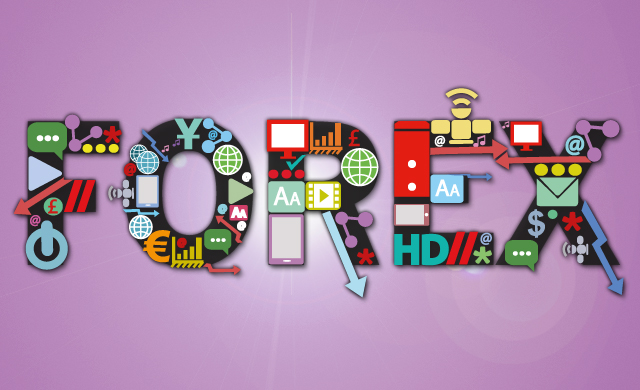Once only big institutions such as banks could trade foreign exchange (forex) but now there are many brokers that offer forex trading to private traders. It is an attractive trading instrument for people looking for liquid assets and markets.

There are many brokers available, offering different currency trading pairs, so when you choose a forex broker you have to take into account a number of factors. It’s important to do your research and compare different brokers before you decide.
You can compare respected brokers on our Broker Listing page.
Here are some of the things you need to take into consideration when choosing your forex broker.
Regulation
The most important thing to consider is how the broker is regulated. Forex brokers are usually subject to some form of regulation, depending on the country they are in. This can protect you if you end up in a dispute with the broker.
In the UK, the regulatory body for forex trading is the Financial Conduct Authority (FCA).
If a broker is set up in a country that requires no regulation then even if it looks like a cheap option, think carefully before signing up with it.
Type of Broker
There are two main types of broker: Dealing Desk brokers, and No Dealing Desk brokers.
A Dealing Desk broker, also known as a market maker, acts as the middleman between clients buying or selling currency. When you place an order, it will try to match it with an existing order from another client. If it can’t find a match, it will take the opposite side of the trade itself. This is the most common type of broker.
A No Dealing Desk broker will take your order and pass it straight onto a liquidity provider, such as a large bank.
Trading Cost
Brokers will charge different fees, depending on the services they offer and the type of broker they are. In general, there are two different pricing models: bid-ask spread, or spread plus commission.
The spread is the difference between the bid price and the ask price – or the buying and selling price. Buy a currency and then immediately sell it again, and you’ll be out by whatever the spread is.
The spread will vary from broker to broker. Some have a smaller spread but also charge a commission on each transaction. Depending on the size of your transaction, this may work out cheaper.
Trading Platform
Most brokers offer some kind of trading platform which you use to carry out your trades. The features offered will vary depending on your account type. They can include news feeds, charts, market analysis, price alerts and so on. Look carefully at the features offered by different brokers and make sure the one you choose will give you want you need.
Some brokers will have a “demo” option which will let you try the platform out before you start trading with real money. This can be very useful because it lets you get familiar with the various trading platforms before you decide on the broker to sign up with.
Margin
Margin is a kind of loan that a broker offers, allowing you to leverage your initial capital. This means you can multiply the amount of profit you are able to get on a trade.
Different brokers will offer a differing amount of margin. In addition, regulations in some countries dictate a limit.
Be aware that using large amounts of leverage can be risky – if a trade goes against you, your losses will be multiplied too.
Customer Service
When trading, sometimes things go wrong and you will need help from the broker’s customer service. Check what options the broker has when you need help. Do they have a 24/7 helpline you can call? How fast will they respond to emails? Is there a web chat options? It’s a good idea to check out the level of service offered by phoning up with a general query about the broker, and sending an email with some questions.
Whichever of these types of brokerage you decide to go for, you can compare respected brokers on our Broker Listing page.

 Hot Features
Hot Features












